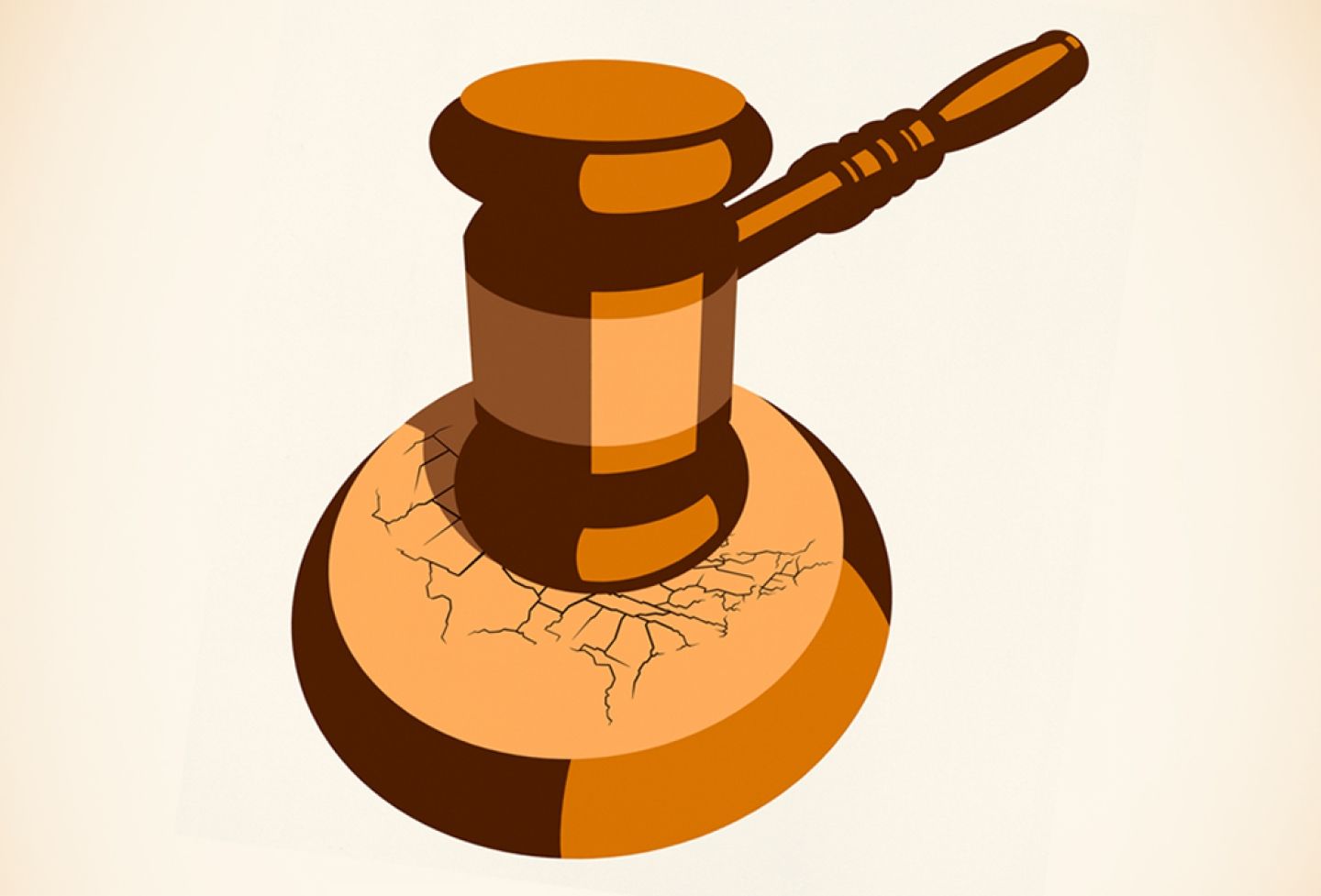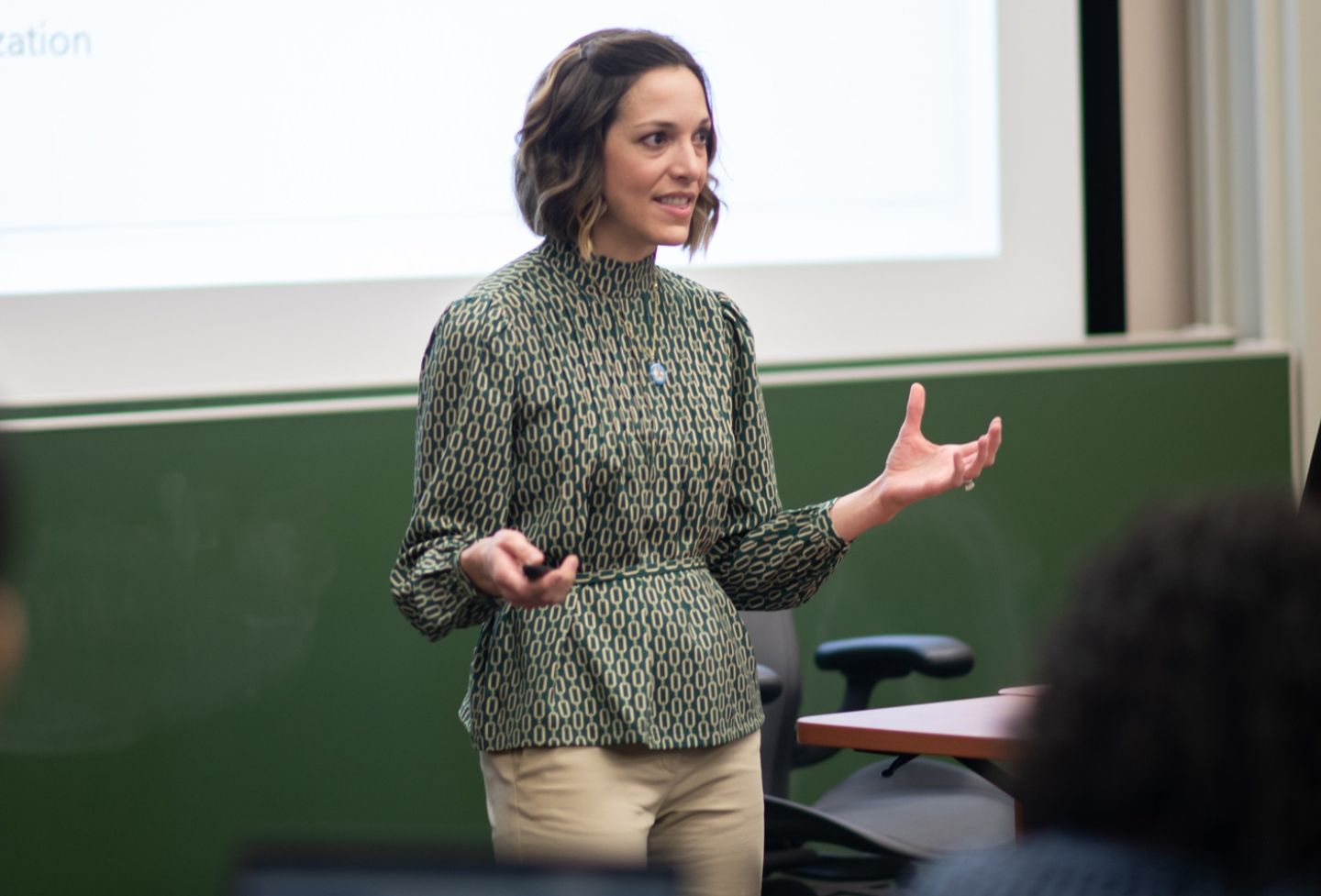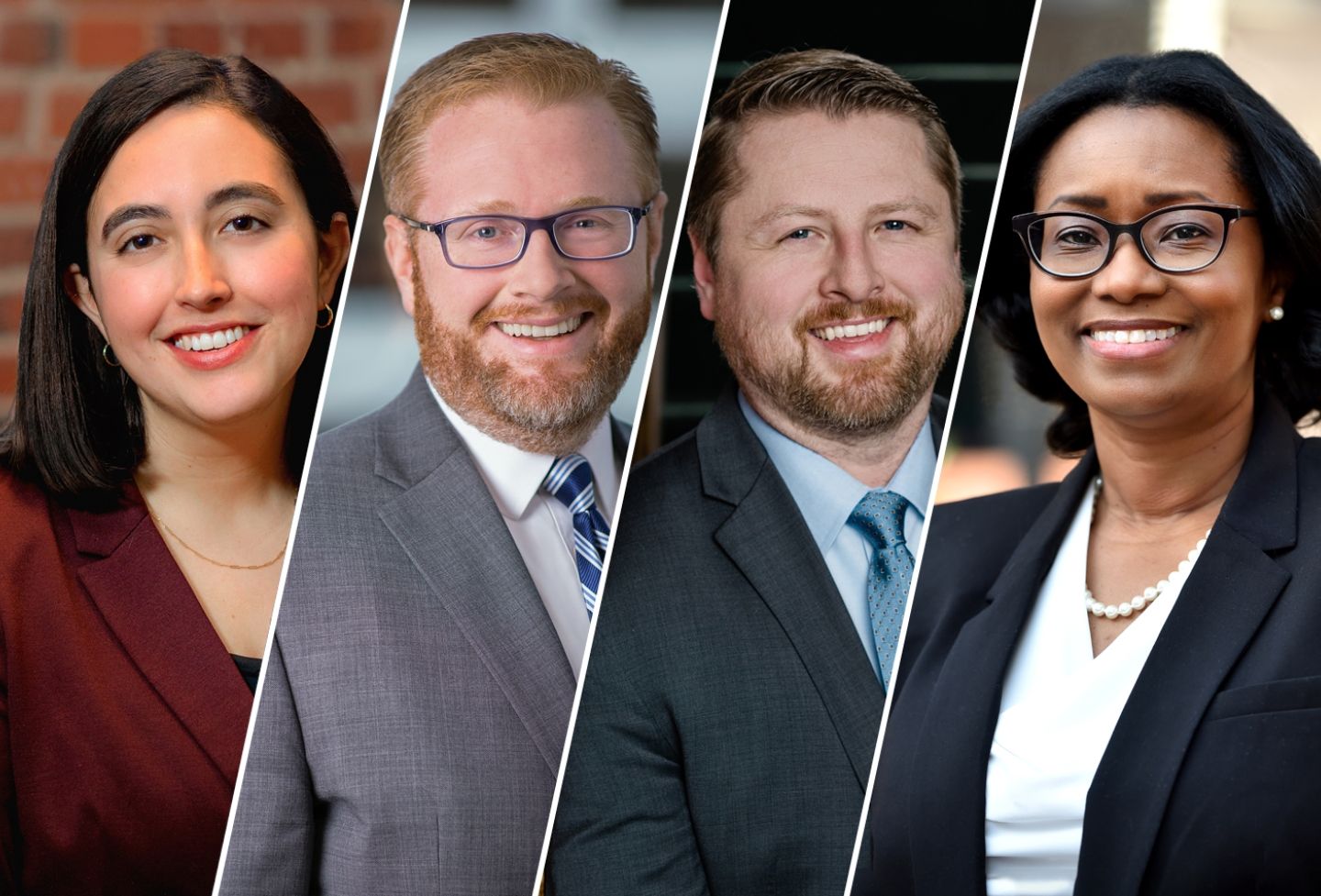In 2021, large law firms lost 26% of the associates in their ranks, and the émigrés were not necessarily looking for new careers, higher pay or fewer billable hours, says author, business consultant and University of Virginia School of Law lecturer Ben Sachs ’09, citing a recent study.
“In good times or bad, the law firms that are best able to hold on to top talent are the ones that build an outstanding team culture,” Sachs said. “But many lawyers bristle at the word ‘culture,’ thinking of frivolities like happy hours and free lunches. That is because they lack a rigorous, systematic approach to how they build and manage their teams.”
In his new book, “All Rise: Practical Tools for Building High-Performance Legal Teams,” Sachs, a former Big Law litigator, Big Three management consultant and tech company chief operating officer, offers team-building wisdom to help improve law firms.
“By being systematic, we can dramatically improve every aspect of our firms, from retention to [diversity, equity and inclusion], from productivity to client service, and even how we manage our time and work-life balance,” Sachs said.
It starts with understanding what “good” culture looks like, he said. “Great teams have four traits in common: trust, ownership, productive conflict and accountability.” His book offers concrete guidance for building each of these qualities in legal teams.
He also points out how these traits build on each other.
“For example, legal teams that do not engage in feedback suffer from a lack of accountability. But they may not realize that the real barrier is a lack of trust,” he said.
Another challenge, Sachs said, is that today’s firms take the wrong approach to training. “Generic management training aimed at an entire firmwide cohort, like midlevel associates, often falls flat.”
Instead, Sachs prefers to isolate a single team or practice group. Then he brings everyone, including junior associates and partners, into the session.
“When everyone is in the same room, we skip the hypotheticals and talk about our specific challenges. Instead of generic tips, we agree on concrete actions and leave with commitments,” he said.
According to Sachs, “It’s no longer just a training; it’s change management.”
Building a stronger management culture “at scale,” Sachs said, requires this kind of systematic approach. Through his book and his consulting firm, The Landing Group, Sachs offers attorneys a modern approach to leadership tailored to the challenges of large firms and legal organizations.
As for the iconic firm happy hour? “There’s nothing wrong with happy hours, but that’s the free market system of mentorship,” Sachs said.
The people who best navigate the ambiguity of that “free market” tend to be those with privileged backgrounds and access to networks. Sachs said he believes a more intentional mentoring system reduces that disparity.
Ultimately, he said, embracing a more structured approach to culture-creation will pay off many times over for attorneys.
“If you can build a team that loves to work with you, they will run through walls to help you and the client achieve goals. That’s how you blow competitors out of the water.”



